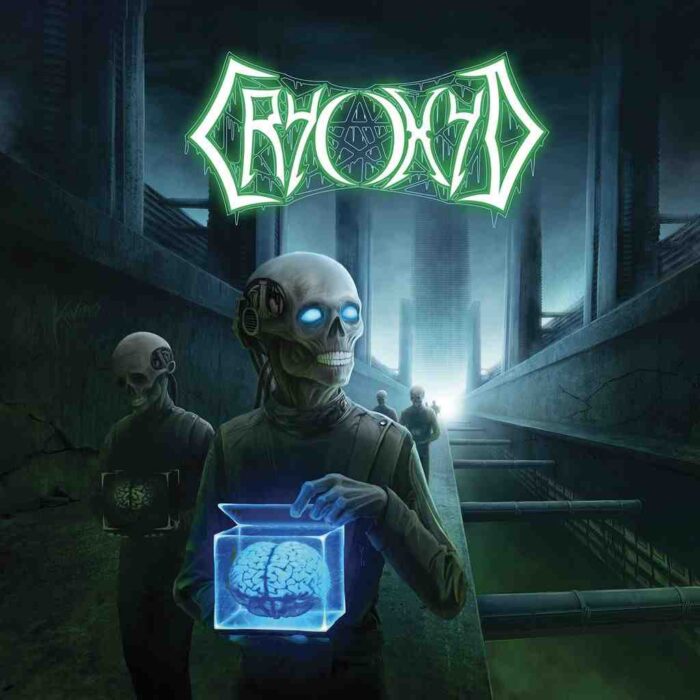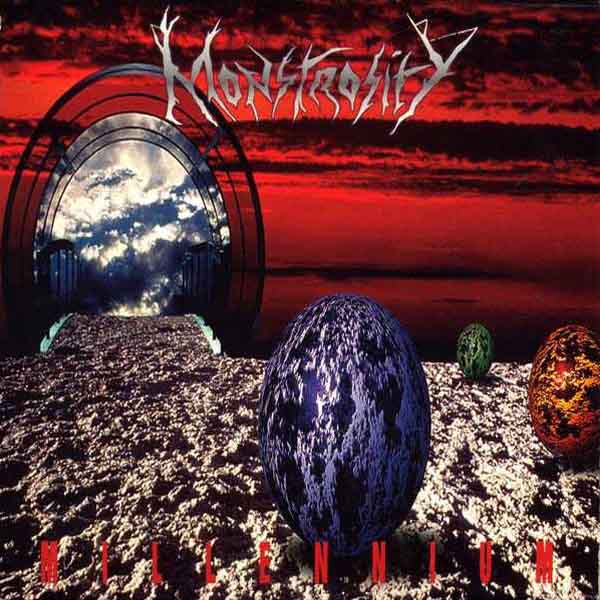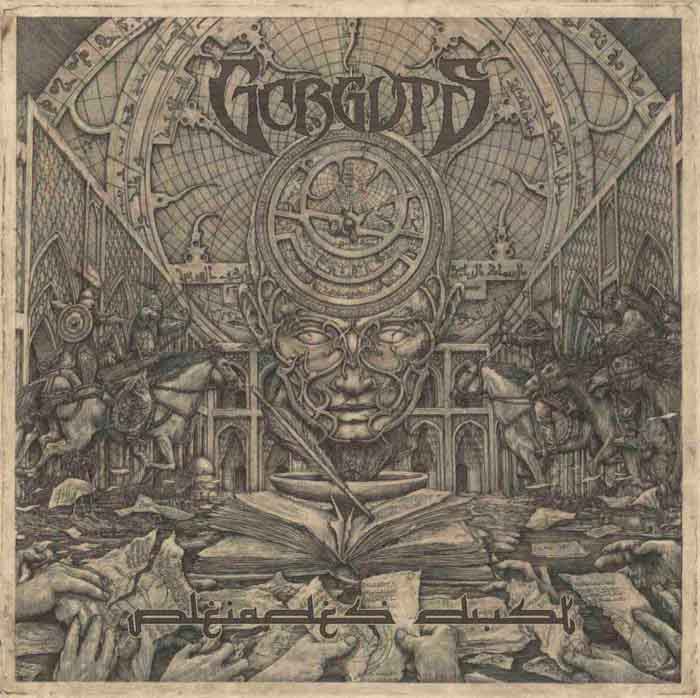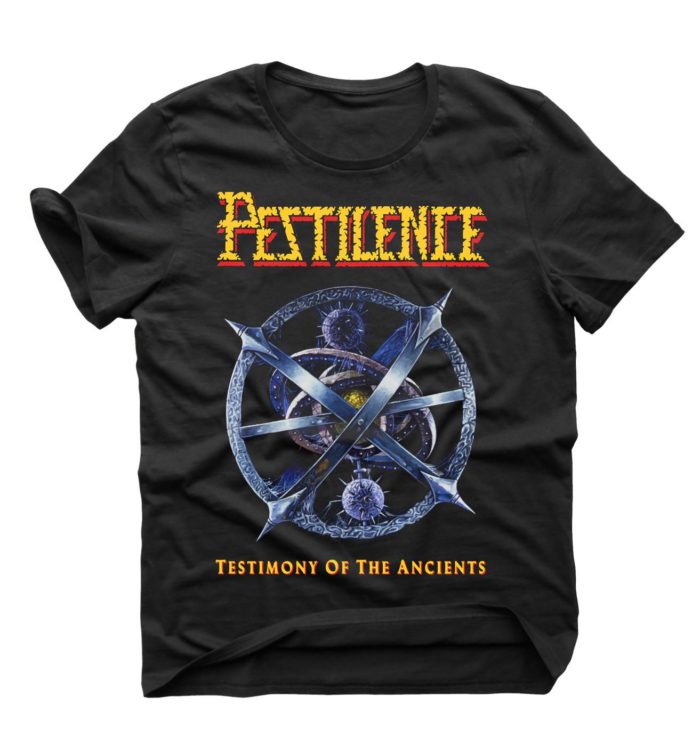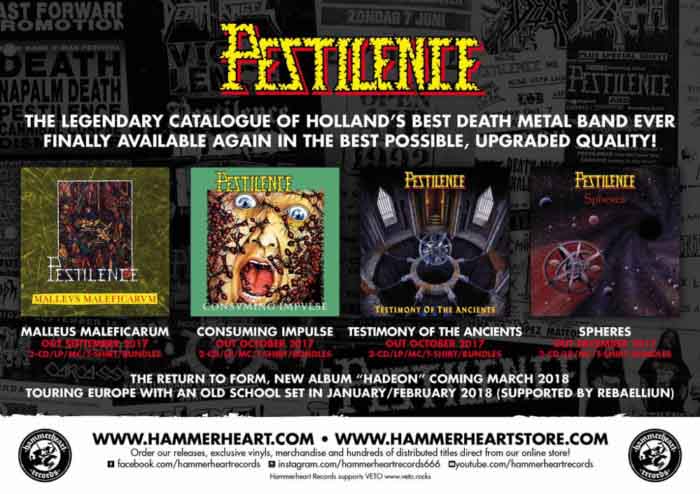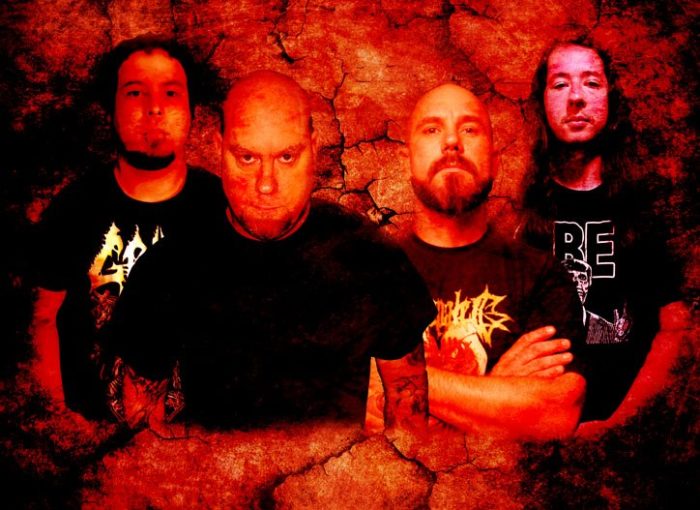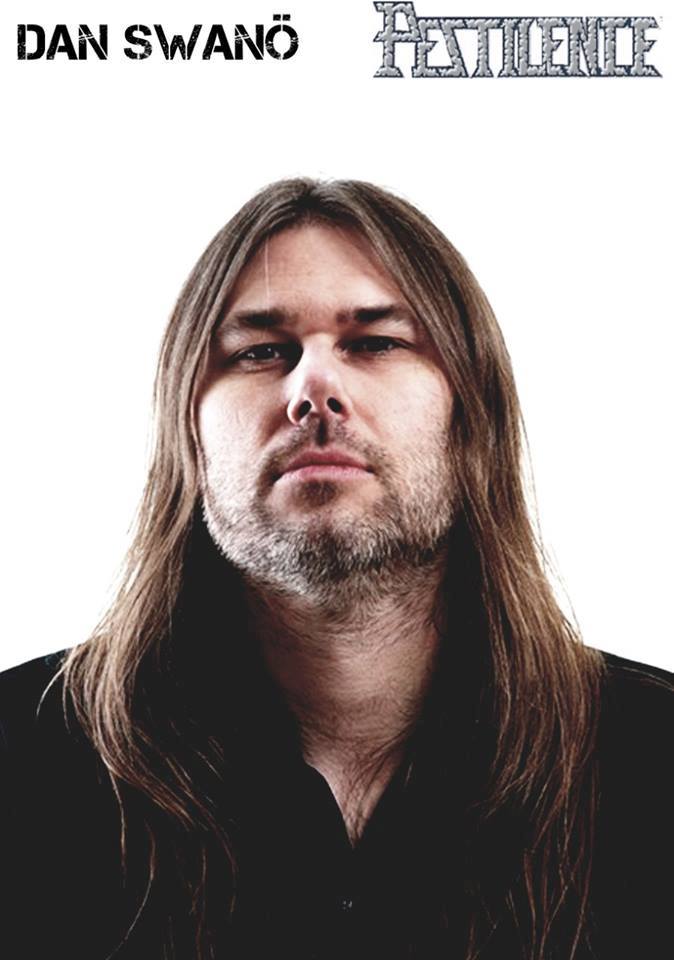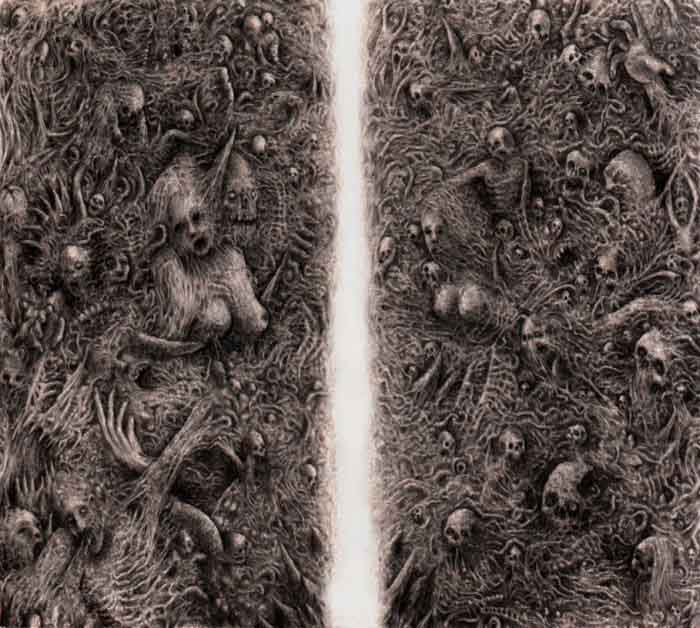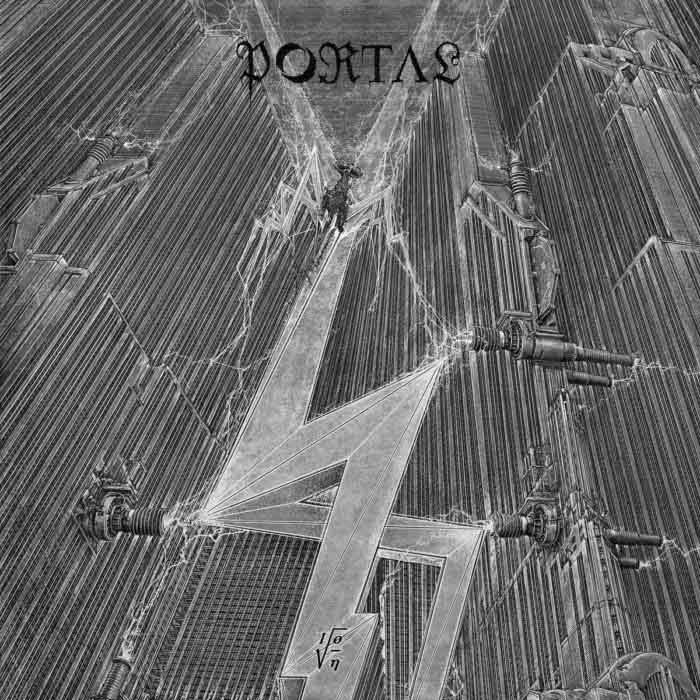
Newer metal bands in the mid-2000s went one of few ways: the competition among users of extreme techniques caused a degree of one-upmanship that obscured the message of the music of “technical” bands, while the desire to get the audience to move caused the compositions of -core bands to be infiltrated by danceable open-note rhythms, and those left outside these groups grew more and more abstract in execution as if to rebel against conventional songwriting. The issue here is that all three avenues, despite the latter being the most declarative, require an aesthetic sleight-of-hand to mask the lack of authoritative message in composition while the music is steered with the effects on the listener in mind rather than coming from the innate desire of a composer to communicate. Portal, along with Ulcerate and Deathspell Omega, ushered in a style of metal that is entirely rooted in audience manipulation through a reliance on discordance that borders on desperation. A challenge in viewing bands like this objectively is that it is difficult to fully understand whether the intent is holistically realized or if the sound and execution is the result of having no spirit of communication beyond purely aesthetic virtues. Perhaps the evolution in sound was the understanding that metal did need to progress, and although there were surely undiscovered ways to do so, an analysis of all prior compositions reveal that metal was comprised of a multitude of expressions utilizing the same symbols: songs needed intros, various types of phrases that build tension, bridges, climaxes, and resolutions, and the catalog of conventional music that we have is constructed of various shufflings of these elements. So, although a new act could in theory have a unique approach to music, they were essentially draping a new skin on a tired skeleton. Metal, and music in general, had to go somewhere and it had to be led by someone that had a clear vision of something to communicate. And most importantly, it had to be done so without a reliance on the tropes that human nature has formulated with respect to the idea of song; ultimately, it needed to cripple it from within.
Is Portal the band to breach these waters, or are the efforts of the band a reflection of a lack of having anything to say intrinsically while still being able to coast on a formulaic command of discordant textures where fully realized phrases once guided the listener through a narrative journey?
(more…)
21 CommentsTags: aesthetic, death metal, evolution, experimental death metal, Ion, Portal, review, songwriting, Technical Death Metal, tropes
